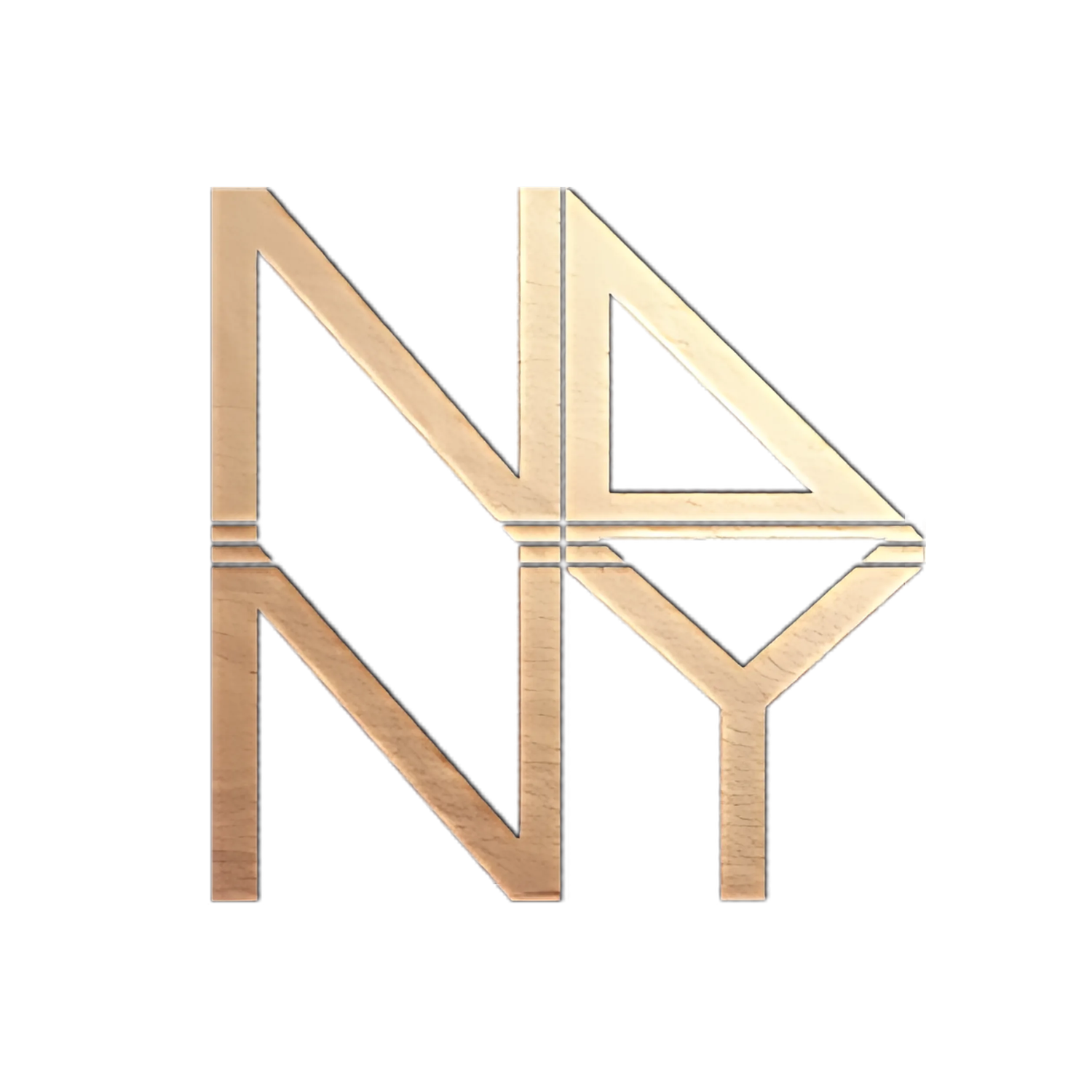OUTLAW: Brand Archetype
The Outlaw brand archetype (also known as the Rebel) is about breaking the rules, challenging authority, and going against the norm. It’s a brand that stands out from the crowd, doesn’t conform to societal norms, and can be a bit rebellious in nature. Here are some pros and cons of the Outlaw brand archetype:
Pros:
Differentiation: The Outlaw brand archetype can help your brand stand out from the competition by breaking the mold and being unique.
Authenticity: By embracing a rebellious spirit, the Outlaw brand archetype can convey an authentic personality that resonates with customers who value individuality and independence.
Memorable: Outlaw brands often leave a lasting impression on their customers due to their unconventional approach to marketing and branding.
Cons:
Risk: The Outlaw brand archetype can be risky as it may alienate some customers who don’t resonate with the brand’s values.
Controversy: Outlaw brands can often attract controversy due to their unconventional approach, which may lead to negative publicity.
Limited Audience: The Outlaw brand archetype may not appeal to everyone and may only resonate with a particular segment of the population.




Tips for best use:
Stay true to your values: The Outlaw brand archetype is all about authenticity, so it’s important to stay true to your brand’s values and message.
Be creative: Outlaw brands are known for their unconventional approach to marketing, so get creative and try new things to make your brand stand out.
Be bold: Don’t be afraid to take risks and challenge the status quo. It’s what makes the Outlaw brand archetype so compelling.
Case uses:
Harley Davidson brand exudes the Outlaw archetype, with their iconic motorcycles representing freedom, rebellion, and a rejection of societal norms. Their brand messaging emphasizes the idea of living life on your own terms and embracing individuality, appealing to those who see themselves as non-conformists.
Diesel's brand messaging also embodies the Outlaw archetype, with a focus on breaking the rules and defying expectations. Their clothing designs often feature bold graphics and unconventional styling, appealing to those who want to stand out from the crowd and express themselves in unique ways.
Virgin's brand messaging takes a more positive spin on the Outlaw archetype, emphasizing pushing boundaries and challenging the status quo to create positive change. Their emphasis on innovation and forward-thinking appeals to those who see themselves as agents of change, unafraid to challenge the established order.
Jack Daniels' brand messaging leans heavily into the Outlaw archetype, with an emphasis on rugged individualism and a disregard for authority. Their marketing often features images of cowboys and other symbols of the American West, appealing to those who see themselves as tough, independent, and unafraid to take risks.
Red Bull's brand messaging embodies the Outlaw archetype in a more playful, energetic way, emphasizing the idea of living life to the fullest and pushing yourself to your limits. Their marketing often features extreme sports and other high-energy activities, appealing to those who see themselves as adventurous and adrenaline-seeking.
Takeaway: The Outlaw brand archetype can be a powerful branding strategy for companies that want to stand out from the crowd and challenge the status quo. However, it’s important to consider the risks and benefits before fully embracing this archetype. When executed effectively, an Outlaw brand can create a lasting impact and resonate with customers who value individuality and independence.





